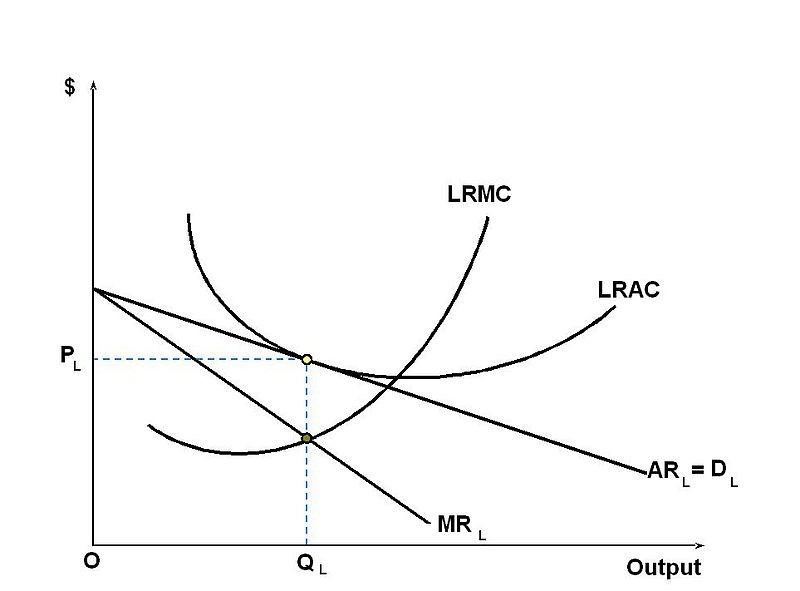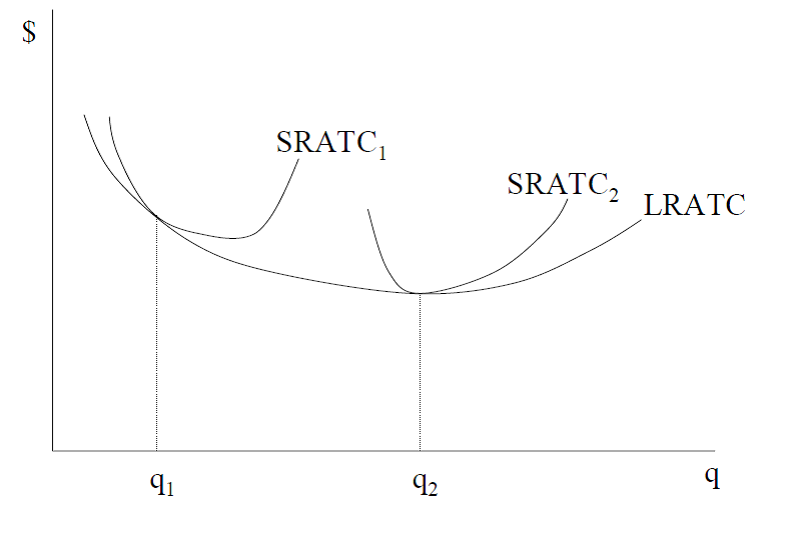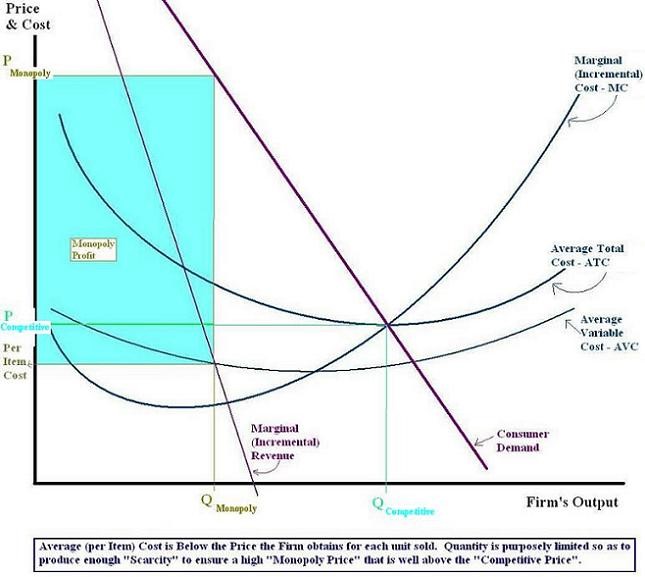 All papers examples
All papers examples
Disciplines

- MLA
- APA
- Master's
- Undergraduate
- High School
- PhD
- Harvard
- Biology
- Art
- Drama
- Movies
- Theatre
- Painting
- Music
- Architecture
- Dance
- Design
- History
- American History
- Asian History
- Literature
- Antique Literature
- American Literature
- Asian Literature
- Classic English Literature
- World Literature
- Creative Writing
- English
- Linguistics
- Law
- Criminal Justice
- Legal Issues
- Ethics
- Philosophy
- Religion
- Theology
- Anthropology
- Archaeology
- Economics
- Tourism
- Political Science
- World Affairs
- Psychology
- Sociology
- African-American Studies
- East European Studies
- Latin-American Studies
- Native-American Studies
- West European Studies
- Family and Consumer Science
- Social Issues
- Women and Gender Studies
- Social Work
- Natural Sciences
- Anatomy
- Zoology
- Ecology
- Chemistry
- Pharmacology
- Earth science
- Geography
- Geology
- Astronomy
- Physics
- Agriculture
- Agricultural Studies
- Computer Science
- Internet
- IT Management
- Web Design
- Mathematics
- Business
- Accounting
- Finance
- Investments
- Logistics
- Trade
- Management
- Marketing
- Engineering and Technology
- Engineering
- Technology
- Aeronautics
- Aviation
- Medicine and Health
- Alternative Medicine
- Healthcare
- Nursing
- Nutrition
- Communications and Media
- Advertising
- Communication Strategies
- Journalism
- Public Relations
- Education
- Educational Theories
- Pedagogy
- Teacher's Career
- Statistics
- Chicago/Turabian
- Nature
- Company Analysis
- Sport
- Paintings
- E-commerce
- Holocaust
- Education Theories
- Fashion
- Shakespeare
- Canadian Studies
- Science
- Food Safety
- Relation of Global Warming and Extreme Weather Condition
Paper Types

- Movie Review
- Essay
- Admission Essay
- Annotated Bibliography
- Application Essay
- Article Critique
- Article Review
- Article Writing
- Assessment
- Book Review
- Business Plan
- Business Proposal
- Capstone Project
- Case Study
- Coursework
- Cover Letter
- Creative Essay
- Dissertation
- Dissertation - Abstract
- Dissertation - Conclusion
- Dissertation - Discussion
- Dissertation - Hypothesis
- Dissertation - Introduction
- Dissertation - Literature
- Dissertation - Methodology
- Dissertation - Results
- GCSE Coursework
- Grant Proposal
- Admission Essay
- Annotated Bibliography
- Application Essay
- Article
- Article Critique
- Article Review
- Article Writing
- Assessment
- Book Review
- Business Plan
- Business Proposal
- Capstone Project
- Case Study
- Coursework
- Cover Letter
- Creative Essay
- Dissertation
- Dissertation - Abstract
- Dissertation - Conclusion
- Dissertation - Discussion
- Dissertation - Hypothesis
- Dissertation - Introduction
- Dissertation - Literature
- Dissertation - Methodology
- Dissertation - Results
- Essay
- GCSE Coursework
- Grant Proposal
- Interview
- Lab Report
- Literature Review
- Marketing Plan
- Math Problem
- Movie Analysis
- Movie Review
- Multiple Choice Quiz
- Online Quiz
- Outline
- Personal Statement
- Poem
- Power Point Presentation
- Power Point Presentation With Speaker Notes
- Questionnaire
- Quiz
- Reaction Paper
- Research Paper
- Research Proposal
- Resume
- Speech
- Statistics problem
- SWOT analysis
- Term Paper
- Thesis Paper
- Accounting
- Advertising
- Aeronautics
- African-American Studies
- Agricultural Studies
- Agriculture
- Alternative Medicine
- American History
- American Literature
- Anatomy
- Anthropology
- Antique Literature
- APA
- Archaeology
- Architecture
- Art
- Asian History
- Asian Literature
- Astronomy
- Aviation
- Biology
- Business
- Canadian Studies
- Chemistry
- Chicago/Turabian
- Classic English Literature
- Communication Strategies
- Communications and Media
- Company Analysis
- Computer Science
- Creative Writing
- Criminal Justice
- Dance
- Design
- Drama
- E-commerce
- Earth science
- East European Studies
- Ecology
- Economics
- Education
- Education Theories
- Educational Theories
- Engineering
- Engineering and Technology
- English
- Ethics
- Family and Consumer Science
- Fashion
- Finance
- Food Safety
- Geography
- Geology
- Harvard
- Healthcare
- High School
- History
- Holocaust
- Internet
- Investments
- IT Management
- Journalism
- Latin-American Studies
- Law
- Legal Issues
- Linguistics
- Literature
- Logistics
- Management
- Marketing
- Master's
- Mathematics
- Medicine and Health
- MLA
- Movies
- Music
- Native-American Studies
- Natural Sciences
- Nature
- Nursing
- Nutrition
- Painting
- Paintings
- Pedagogy
- Pharmacology
- PhD
- Philosophy
- Physics
- Political Science
- Psychology
- Public Relations
- Relation of Global Warming and Extreme Weather Condition
- Religion
- Science
- Shakespeare
- Social Issues
- Social Work
- Sociology
- Sport
- Statistics
- Teacher's Career
- Technology
- Theatre
- Theology
- Tourism
- Trade
- Undergraduate
- Web Design
- West European Studies
- Women and Gender Studies
- World Affairs
- World Literature
- Zoology
Monopolistic Competition and Monopoly, Research Paper Example
Hire a Writer for Custom Research Paper
Use 10% Off Discount: "custom10" in 1 Click 👇
You are free to use it as an inspiration or a source for your own work.

Monopolistic competition is a market structure that is characterized by many firms offering similar though not exactly the same product and are profit maximizes. In addition, there are low barriers of entry and all firms possess some pricing power (Investopedia). In short, monopolistic competition borrows characteristics from both the perfect competition and monopoly market structures. Unlike perfect competition, marginal revenue (MR) is not equal to demand but less than it in the short run. On the other hand, profit maximization takes place at a level where marginal revenue (MR) is equal to marginal cost (MC), just as in perfect competition. As far as Wonks is concerned, the overall benefits to the company of operating in a monopoly market structure would be greater than in a monopolistic market structure.
Before the foundation of Wonks, the potato chip industry in the Northwest in 2007 was a monopolistic market structure in long-term equilibrium. This means that profits greater than zero would attract new entrants, driving down the demand curve of all existing players. It would translate to not only lower market shares for the existing players but also lower prices of their products. Thus, the existing players would be left with excess capacity and underutilization of their assets. As a result, the Northwest potato industry was inefficient. Moreover, price is not equal to MC but greater than it in the long run (see the chart below) though profits are still zero.

The companies would differentiate themselves through brands and marketing, making their demand curves less elastic in the process as well as charging higher price markups (BasicEconomics.info). But at the same time, marketing also has certain benefits such as giving information to the customer and increasing competition as the competitors feel threatened.
After the lawyers purchased all the firms and combined them to form Wonks, the new company essentially became a monopoly because now it was the whole potato industry in the Northwest. Wonks had greater pricing power than the firms in the previous monopolistic market structure because now it had no substitutes. As far as the impact on various stakeholders is concerned, Wonk will probably benefit the most. In previous monopolistic market structure, market players would earn zero profits because any greater than zero profits would attract new players in the market. But now Wonks has the whole market to itself and it will make above normal profits. Wonks may also benefit from economies of scale. As the chart below shows, a large firm operating at SRATC2 could produce at a lower cost than multiple firms operating at SRATC1.

This means that the consumers will also benefit as Wonks is able to lower its average total costs and pass some of the cost savings to the consumers in the form of lower prices (California State University, Northridge). The government may also benefit as Wonks’ profit means tax revenues for the government which may be higher than the monopolistic competition. Wonks knows that there are not any natural barriers to entry and its profits may tempt someone to challenge it. Thus, Wonks may invest in the quality of its products to strengthen customer loyalty and create artificial barriers to entry. Wonks may also set its prices competitively to discourage new potential entrants. Because Wonks will now enjoy economies of scale, it may be able to offer even lower prices to customers than the monopolistic competition market structure. Competitive pressures sometimes force companies to ignore or fall short of their responsibilities to minimize the environmental impact of their operations. But since Wonks will not face competitive pressures to reduce cost, it may do a better job of engaging in environmentally friendly business operations. Another way the society may benefit is that there will be no wasteful duplication since Wonks will be the only producer.
A transition from monopolistic competitive firm to a monopoly firm will result in both higher output and prices. This is because Wonks will now be the sole player in the market which means it will have the entire market to itself. Wonks prices may also go up because it will have no competition and its demand curve will be less elastic than that of a firm in monopolistic competition. But it is also possible that Wonks’ prices actually go down because of economies of scale due to expanded production. Wonks profits will go up and unlike a firm in monopolistic competition that only earns normal profits, Wonks will earn above normal profits as illustrated in the following chart:

Of these two market structures, monopoly is more beneficial for Wonks to operate in. the first is obvious lack of competition which means Wonks has the whole market to itself and will be able to achieve economies of scale through expanding output. Because Wonks will not be faced with competitive pressures, it may invest in research and development and come with new innovative flavors. The competitive pressure in monopolistic competition may force firms to stay with safe flavors and achieve differentiation through marketing only.
Wonks actions will largely determine whether customers benefit or not. Wonks may choose to keep the prices same despite achieving lower costs. In addition, Wonks may not innovate because there will be no competitive pressure to do so. But if history is a witness, larger firms are more likely to spend on research and development and take risky ventures because they have more resources and greater economic capacity to afford setbacks. National Science Foundation data from the 1950s and the 1960s revealed that the likelihood of a firm conducting R&D increases with the firm size (Klein). Wonks knows that it is not a natural monopoly like natural resources companies and the threat of competition will always be there, thus, it will take the customers’ needs into account when making pricing and product selection decisions.
Thus, it is clear that Wonks will benefit from a monopoly market structure. Customers may or may not benefit from Wonks being a monopoly but the nature of the industry means there is a high probability that Wonks will price its products competitively and may even innovate to further cement its position and create artificial barriers against the threat of new entrants.
References
BasicEconomics.info. (n.d.). Monopolistic Competition. Retrieved September 2, 2011, from http://www.basiceconomics.info/monopolistic-competition.php
California State University, Northridge. (n.d.). Market Structure – Monopoly. Retrieved September 2, 2011, from http://www.csun.edu/~dgw61315/ECON600lect5.pdf
Investopedia. (n.d.). Monopolistic Competition. Retrieved September 2, 2011, from http://www.investopedia.com/terms/m/monopolisticmarket.asp#axzz1WsesVFYG
Klein, P. (n.d.). Monopoly: advantages and disadvantages. Retrieved September 2, 2011, from http://www.pauklein.com/monopoly/monopoly.htm

Stuck with your Research Paper?
Get in touch with one of our experts for instant help!

Time is precious
don’t waste it!
writing help!


Plagiarism-free
guarantee

Privacy
guarantee

Secure
checkout

Money back
guarantee

